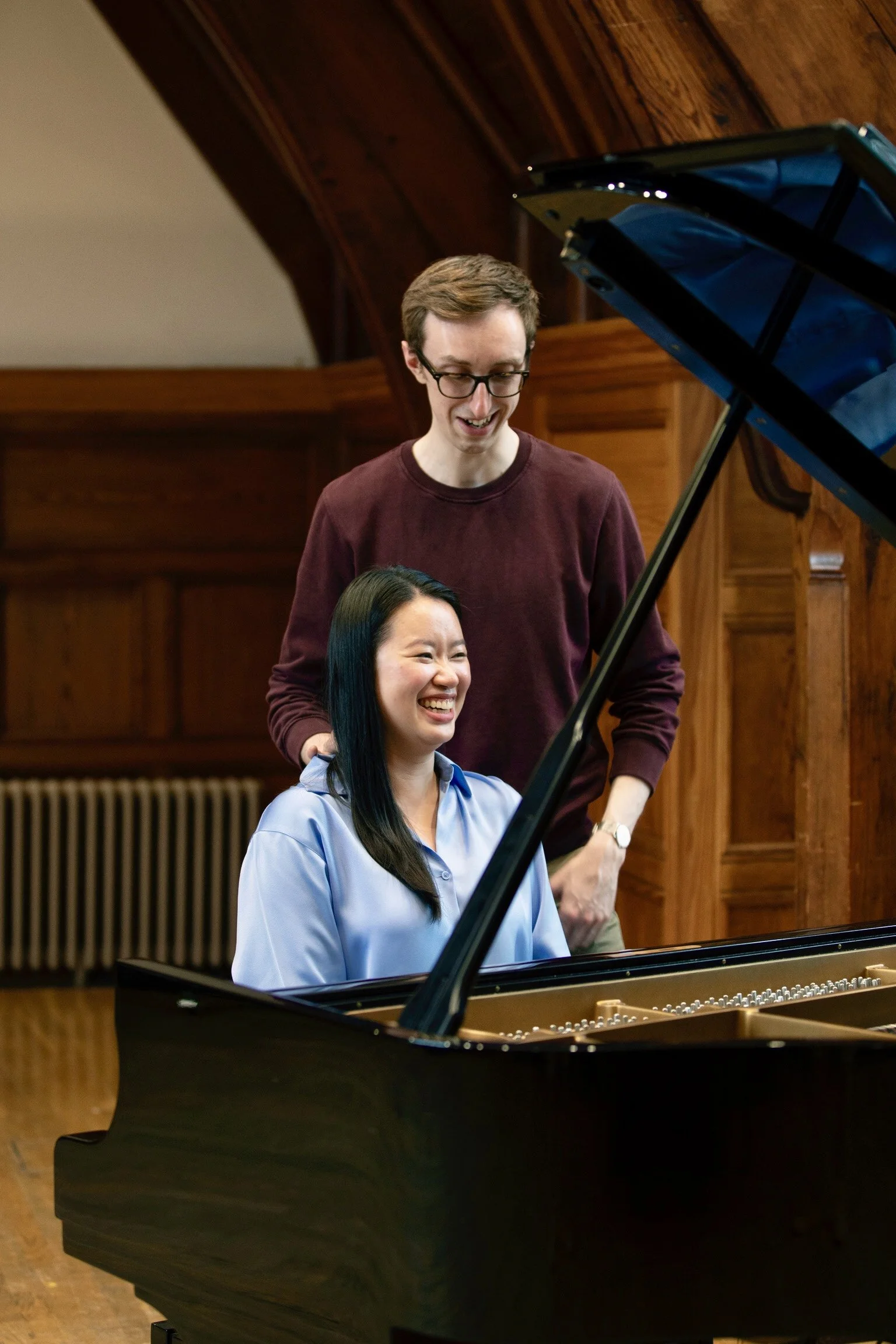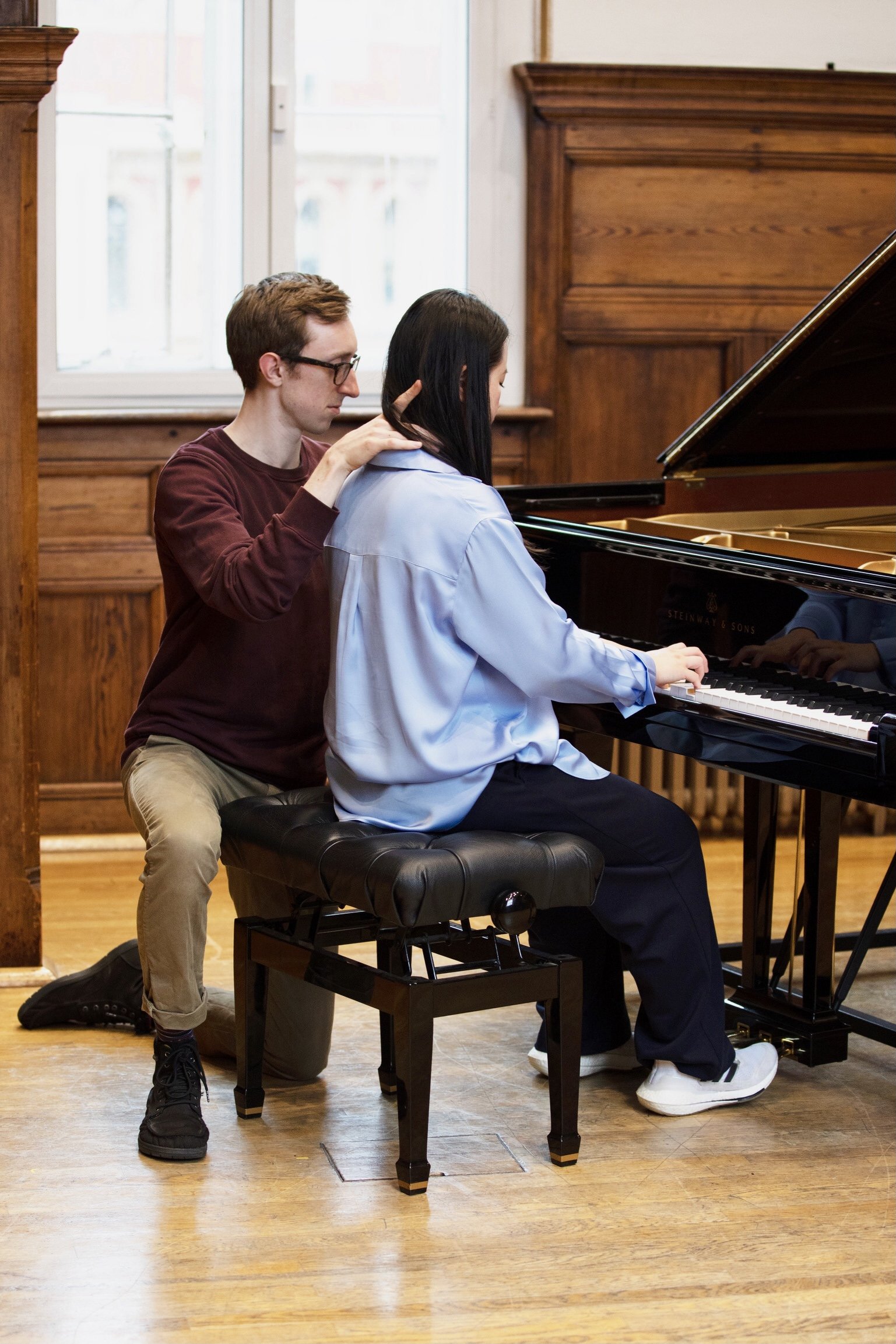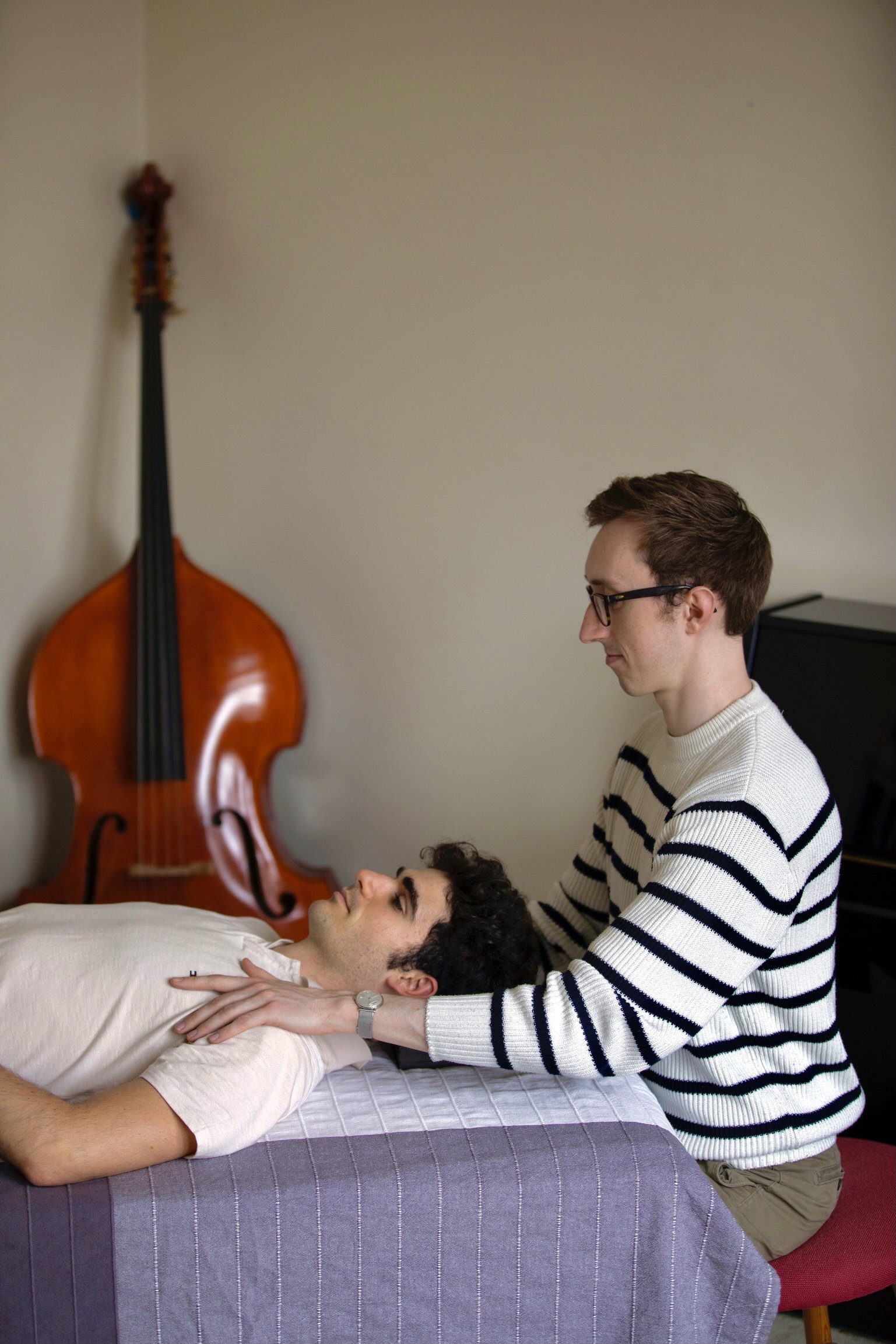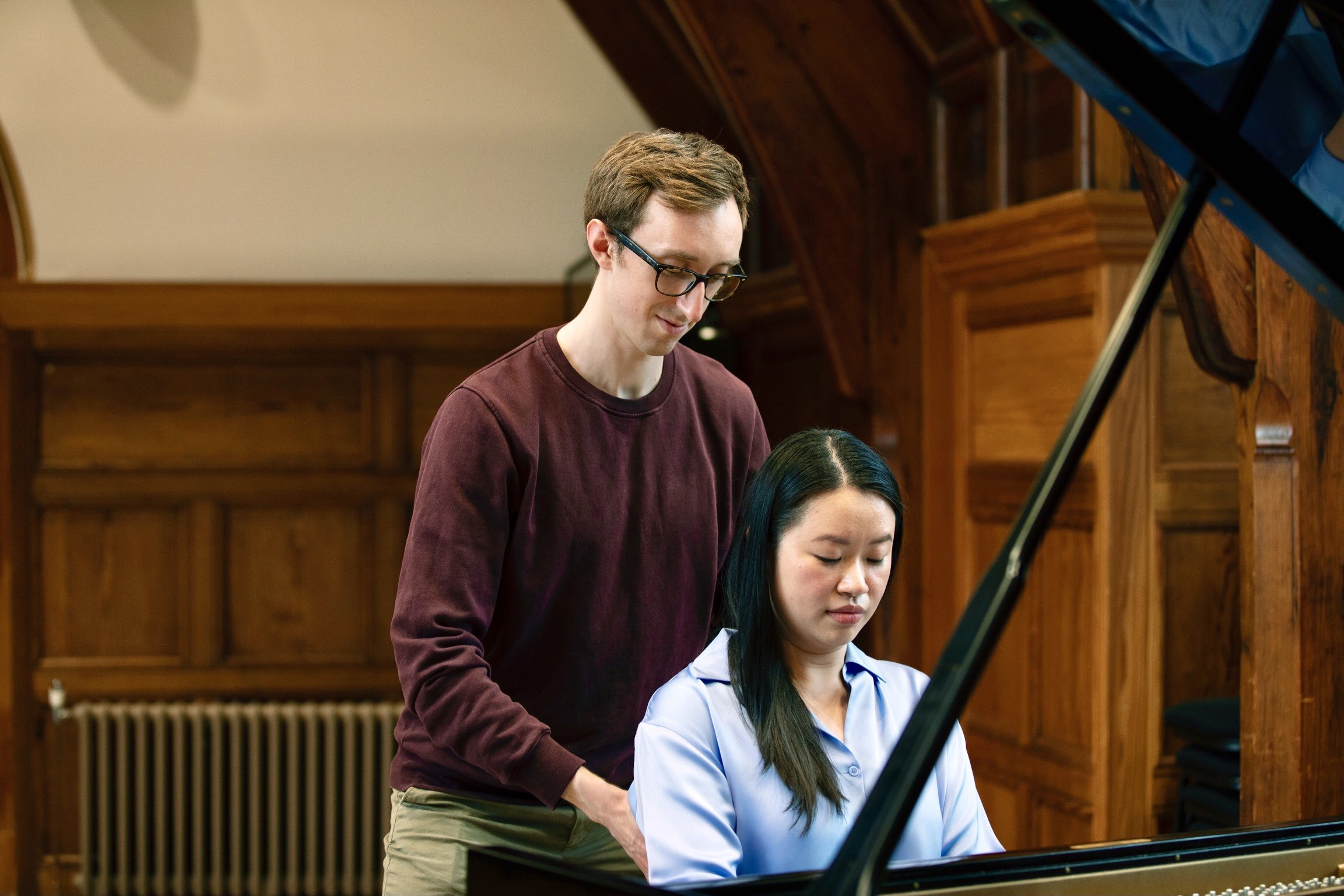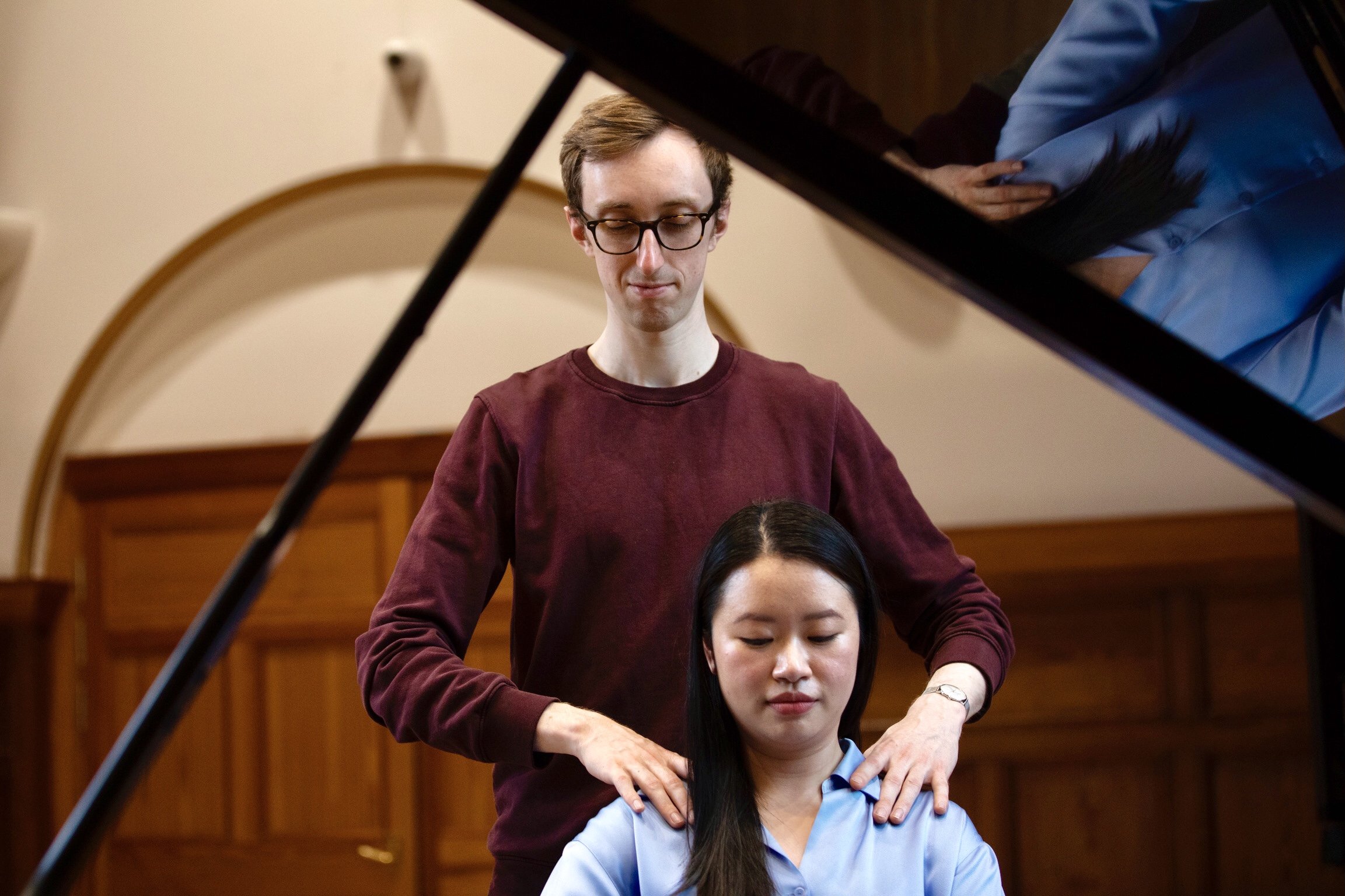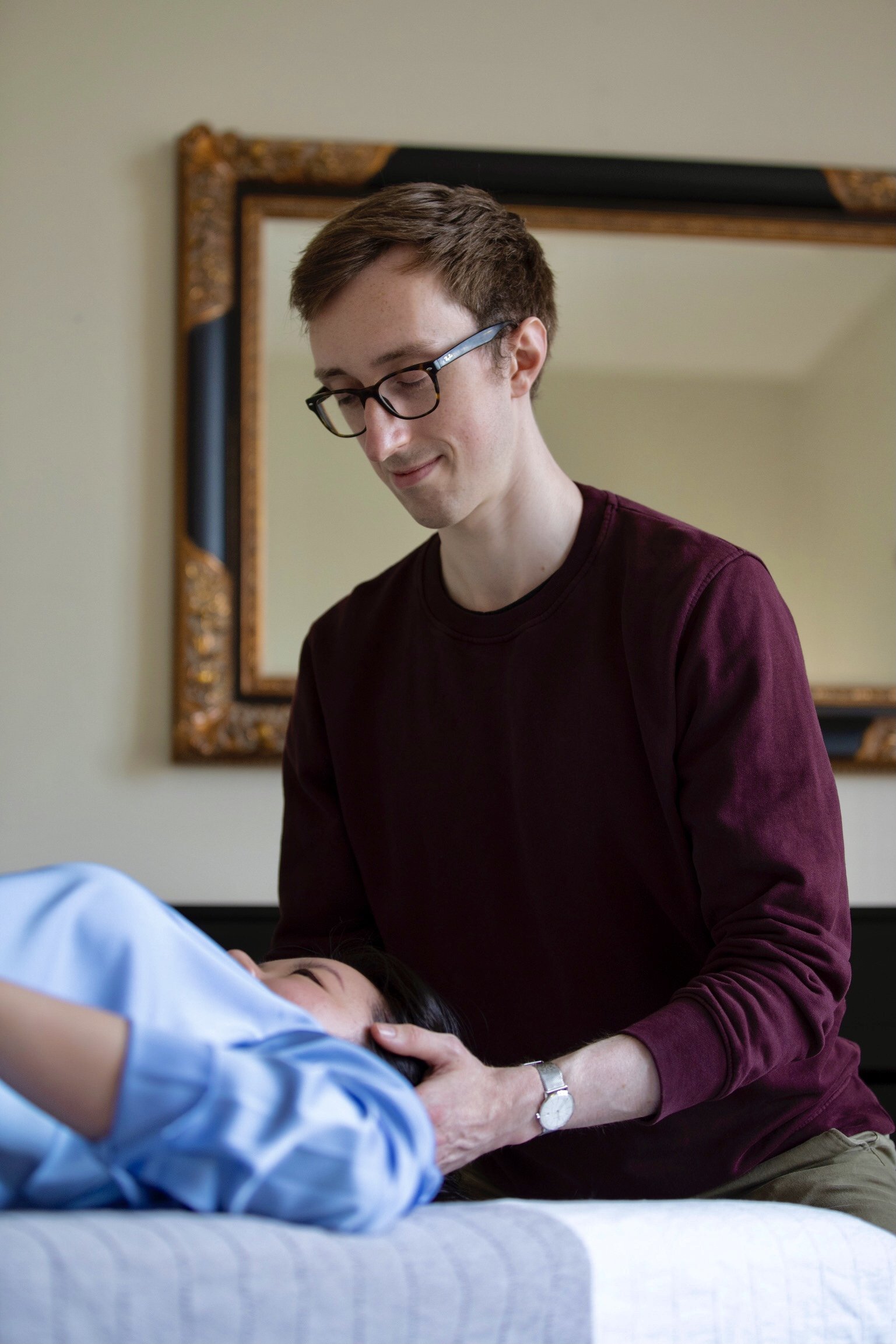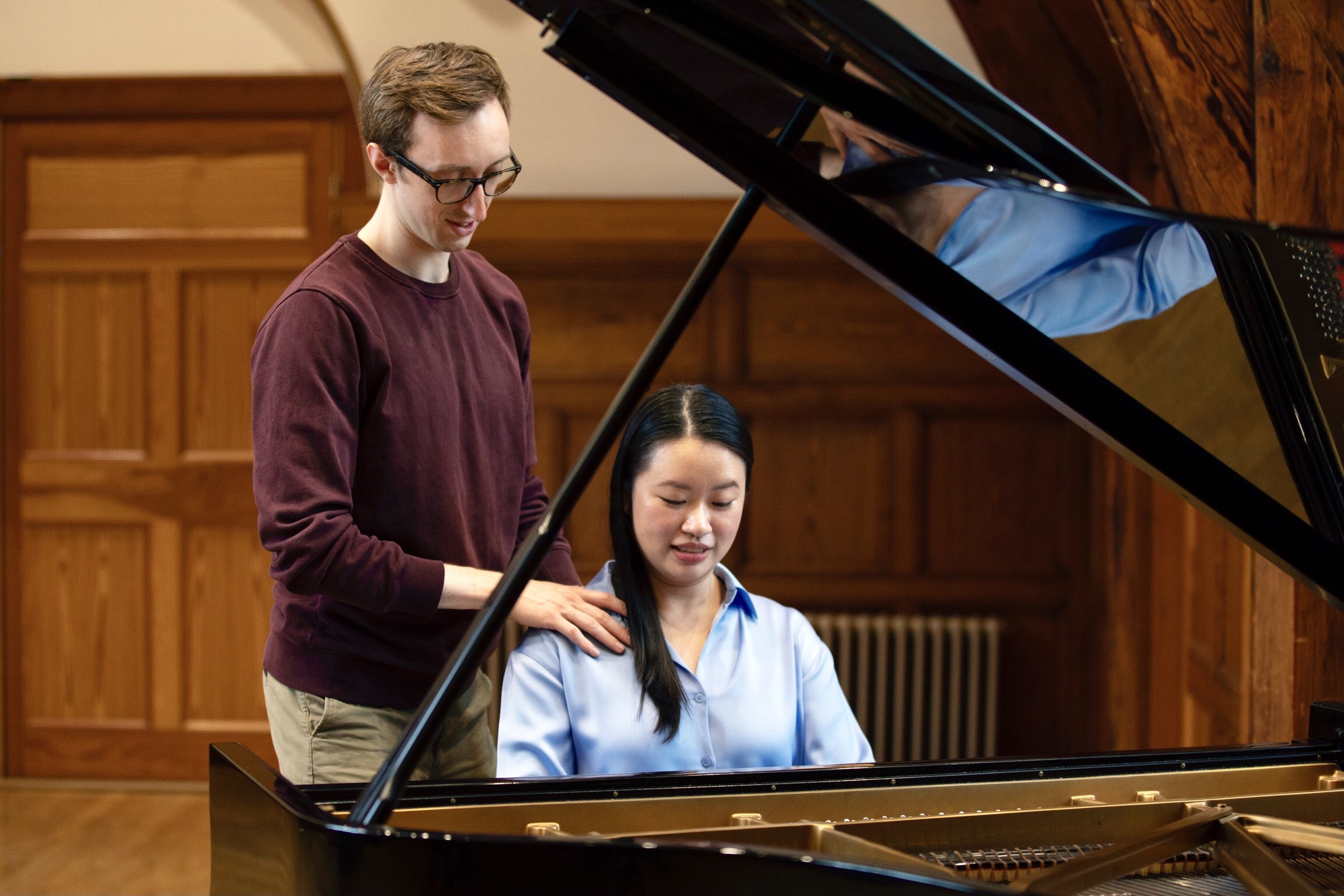
The performing arts place many demands on the body, requiring us to use ourselves in unusual and sometimes awkward ways. To excel requires serious dedication and effort. But unless this effort is directed wisely, we as performers are at great risk of injury, burnout and losing our enjoyment of our arts.
As a young musician I developed within a culture that had a deeply unhealthy relationship to practice and a serious disregard for the vitality of rest. On several occasions I burnt myself out with the relentless volume of work that I believed was essential, supplemented by an approach to recovery that largely consisted of evenings in the pub. Eventually, as I was beginning to take Alexander seriously, I reached a point when I simply had to try something different. I began to adopt standards for my practice that aligned with what I was learning about how we develop more skill and freedom in activity. I soon found that most of my practice lacked intention, curiosity, well designed experimentation and thoughtful reflection. Learning to craft my practice intelligently, with the support of my Alexander teachers, led me to a model that reduced the time I needed to spend in the practice room each day by hours. Encouraged, I then invested time into developing a structured practice of rest. This left me in a condition of emotional stability and improved coordination, with a store of creative energy that had previously been waning. My growth as a performer was of an altogether different kind from that which I had experienced before.
Alexander lessons helped me to observe the ways in which some of the effort exerted in performance can be directed towards patterns of tension and strain that are not only unnecessary, but which actively interfere with the use and expression of the body and voice. Developing an understanding of the anatomy involved in movement I could begin to see how we can cooperate more harmoniously with our structure. Embodying this understanding, the experience of performance became more comfortable, fluent and sustainable.
I struggled for much of my musical education with performance anxiety. It was never overwhelming, but I found myself unable to bring to the stage the quality that I could produce in a practice room. Rarely did I feel present and free to enjoy my playing, my attention instead occupied by the anxious commentary running through my head. It was in this context that Alexander lessons had their greatest impact on me as a performer, a sentiment shared by many that I have worked with since. I was invited to set aside my concern with the anxious thoughts for a time and instead become familiar with the ways in which my anxiety manifested physically. I learned to develop a gentle means of communicating with my body that allowed the patterns of muscular tension to slowly soften. Actively choosing to cultivate an expansive awareness of my environment enabled me to make a friendly connection with my audience and fellow performers. I found that in time the physical act of playing my instrument was no longer disturbed. Returning my attention to the state of my mind, the voice had become quiet and the joy of making music was available to me once more.


